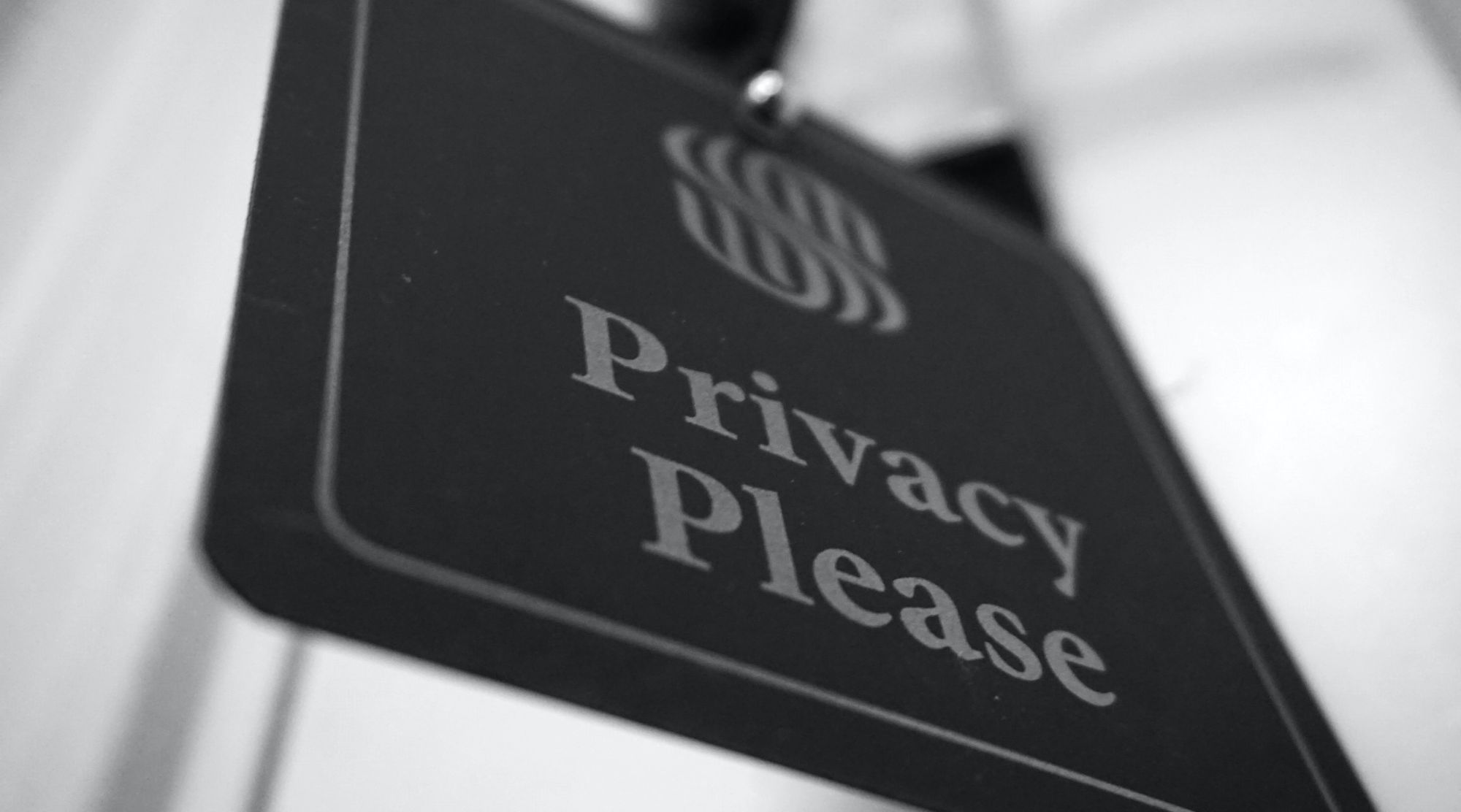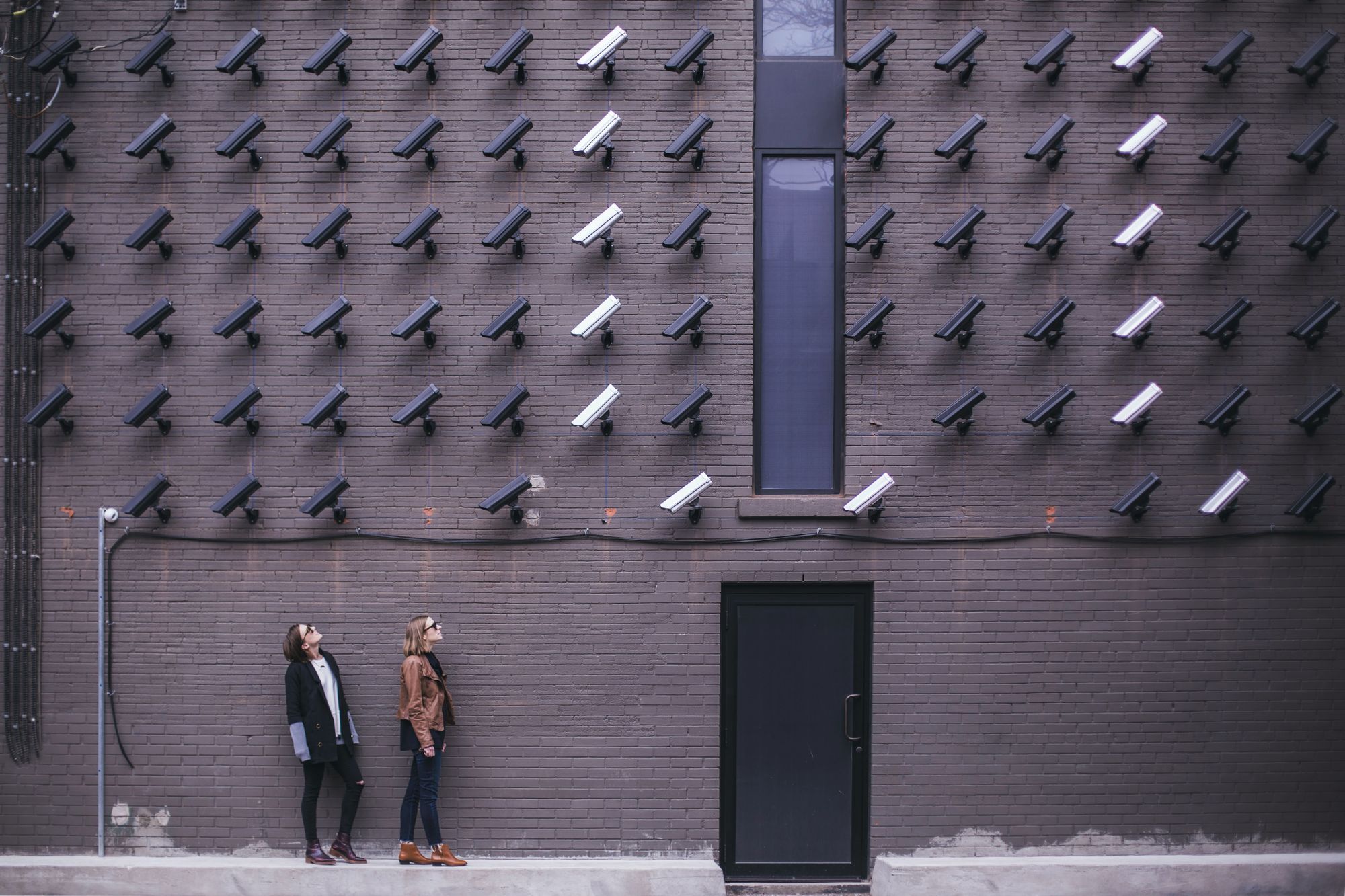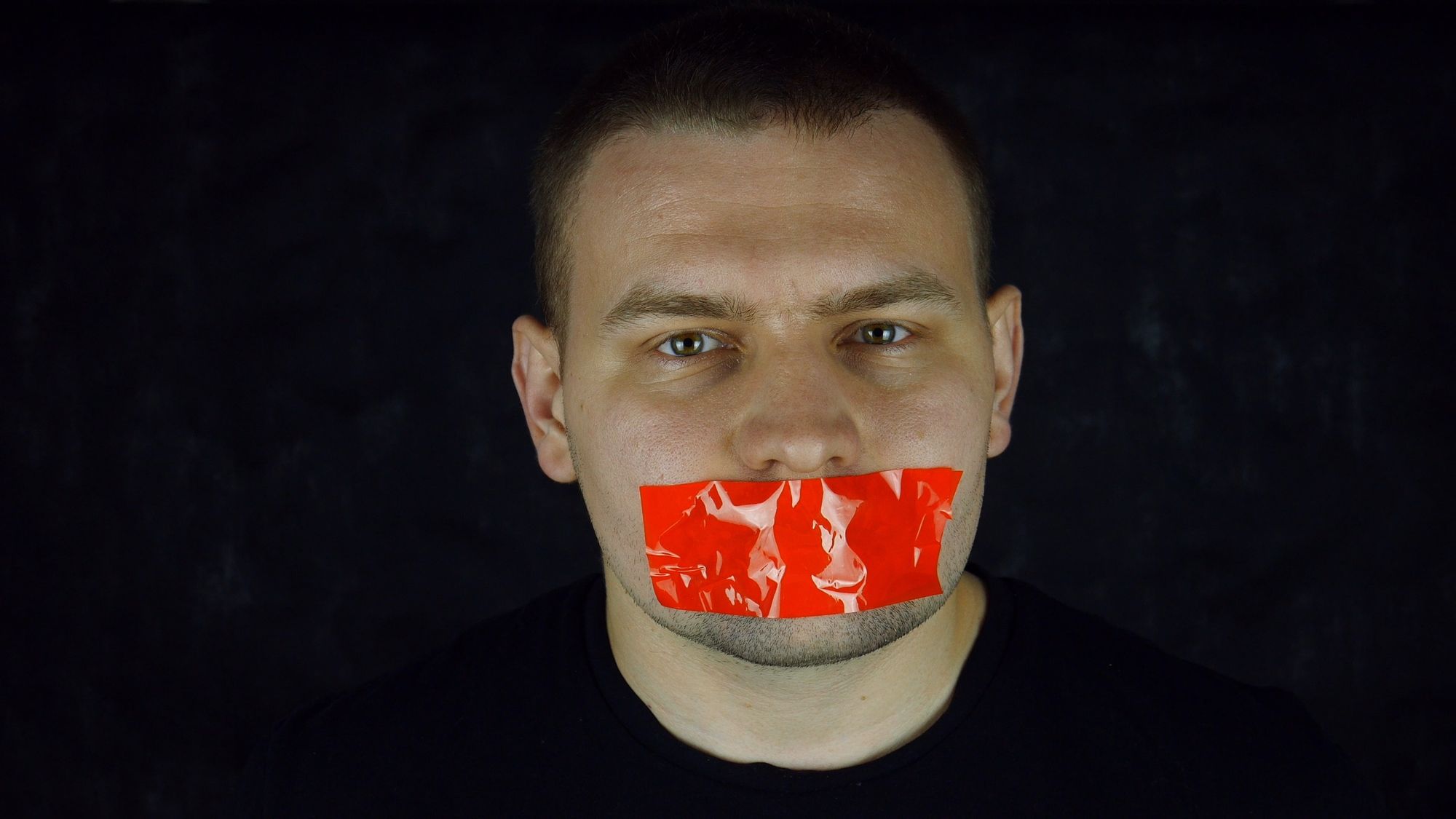Why Is TikTok Bad – 5 Cons of the Popular App
Hire film gear from local filmmakers.

Hire film gear from local filmmakers.
You might have heard some bad stuff about the globally popular app, TikTok. If you haven't done your research, you might want to learn: Why is TikTok bad?
Since the app almost got banned in the US in 2020, many have turned their attention to the potential risks TikTok poses. Even Amazon banned the app for a short time before turning back on its policy, and the app is still illegal to use in India, due to it being ''prejudicial to the sovereignty and integrity of India."
While I believe all creative outlets are deserving of a chance, I'll go through 5 points that make TikTok look bad.
1. Privacy issues with TikTok

We don't have to look further than TikTok's privacy policy to get started.
When using any free app, you have to be prepared to volunteer some of your personal data. Is TikTok taking this too far?
TikTok's current privacy policy says that it collects "technical and behavioral information about your use of the platform", whether you're a content creator or use the app just to watch videos.
If you upload content, besides the usual things, TikTok also has the right to "identify the objects and scenery that appear" and collect and process "the existence and location within an image of face and body features and attributes". This could be scary! If you read the term thoroughly, you'll find that this doesn't apply only to content you upload but also drafts you save!
It's also worth noting that if you link your TikTok account to another service, it may receive information about your use of that service. If you link your TikTok account to another social media platform, the app may collect info about your use of that service, essentially gaining access to most of your online presence.
TikTok also shares your information with third-party service providers, business partners, and other companies in the same group, amongst others. The app stores user data in the US and Singapore, but as it's owned by a Chinese company, it is legally required to submit the data to the government if asked.
2. Security vulnerabilities

Besides its privacy issues, TikTok also uses an HTTP connection instead of the more secure HTTPS and it stores so much user data that it's a desirable target to many hackers.
The app was highlighted by several security companies as high-risk with many vulnerabilities, with Check Point Research pointing out that the application's code in early 2020 allowed attackers to easily get hold of TikTok accounts and manipulate their content.
The report also warns of SMS link spoofing and sensitive data exposure. The app has since patched some of these loopholes but it still leaves a lot to be desired before we can talk about ironclad cybersecurity.
3. TikTok's potential effect on your brain

While the science is not exactly bulletproof, more and more studies link or try to link TikTok to a decreased attention span in young people, especially those under 24.
Being subjected to extremely short-form entertainment can affect the not-fully-developed human brains in ways that are still not clear. Some suggest TikTok is addictive, while others claim that while the platform is "hard to watch, and hard to stop watching". If you take a dive down the TikTok-studies rabbit hole, you'll find that many say that you shouldn't worry about TikTok destroying your attention span. The research is overall fairly inconclusive.
I can suggest, in general, to enjoy everything in moderation, and make sure TikTok doesn't take over your life. While spending a few hours on the app here or there likely won't have a long-term adverse effect, you should still take breaks and recharge with activities outside the realm of social media.
4. TikTok's moderation and censorship

For a platform that encourages creativity on the surface, the app seems to have a lot of censorship with no clear guidelines or transparency on what makes content perform well, or poorly.
In March 2020, The Intercept reported on internal TikTok documents sent to moderators, encouraging them to suppress posts by users who are "ugly or poor", while also discriminating against the disabled.
This clearly puts TikTok in the hot water, at least morally. Those against discrimination on social platforms and lack of censorship when it comes to socio-political issues find a great problem with TikTok's attitude towards moderation.
5. Dangerous challenges

Dangerous viral challenges are not native to TikTok, but the platform isn't without fault when it comes to the potential endangerment of its users.
Trends like "the penny challenge" can spread fast amongst a young audience, and can potentially cause significant injuries or damages.
The platform tries its best to moderate harmful content that doesn't meet the community guidelines, but it often fails to act promptly. While TikTok can't be held responsible for individual users' actions, it can still become the facilitator of dangerous challenges.
Closing thoughts
Should you use TikTok? It's up to you to decide. However, now you hold more knowledge as to why TikTok is bad according to some sources.
Decide for using the app? Learn how to use TikTok, while staying cautious and aware of potential implications.
While the app remains fairly transparent about the data it collects, its privacy policy can change at any moment. TikTok follows policies that are questionable at times and can affect you in ways not yet understood by scientists. Don't overshare with apps that aren't held to the highest standard of cyber security.
Interested in other visual formats? Learn more about filmmaking.
Stay safe, and enjoy filming!
What are the bad things about TikTok?
TikTok has been accused of privacy and security issues several times, beyond censoring the content you see, while failing to moderate potentially dangerous challenges.
Why we should not use TikTok?
TikTok collects more personal data than most social media platforms, and this scared several private companies and even governments into banning the use of the app.
Does TikTok steal your information?
TikTok doesn't steal your information, per se. You do have to give it access to a lot of personal, behavioral, and technical info which the app might share with third parties.





















